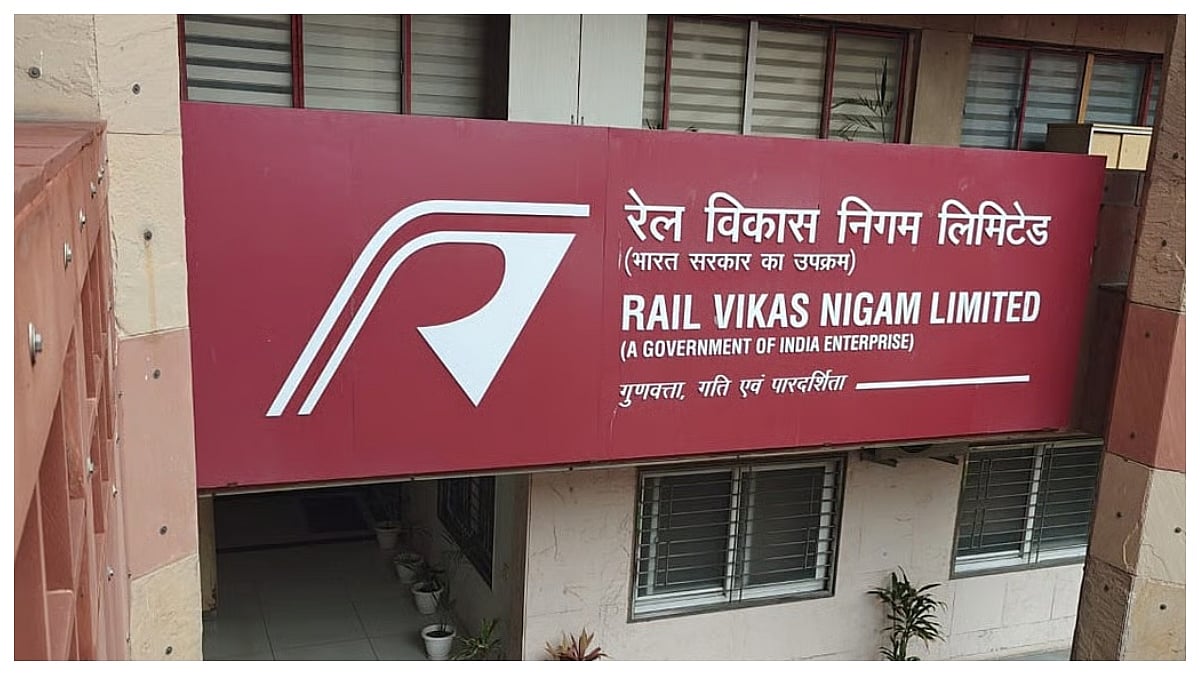The Pegasus row has taken the nation by storm – well as it might because there is no doubt that snooping on citizens is a gross violation of their right to privacy which is guaranteed under Article 21. West Bengal Chief Minister Mamata Banerjee has already set up an inquiry committee comprising retired Supreme Court judge Madan B Lokur and former Chief Justice of Calcutta High Court Jyotirmaya Bhattacharjee. But whether this two-judge panel will succeed in ferreting the truth from the government remains to be seen.
It appears the government has kept some of its dissidents on its snoop list. Among those on the alleged snoop list were Mamata Banerjee’s nephew and TMC MP Abhishek Banerjee, whose phone was under surveillance during the West Bengal Assembly election. Another victim was the woman who alleged the former CJI Ranjan Gogoi had sexually harassed her. Eleven of her family members’ mobile phones were under surveillance, according to media reports.
But first, a bit of background. NSO Group Technologies is a surveillance-based company in Israel. The ‘Pegasus’ spyware was created by this company. It is a private company which tracks terrorists, drug traffickers and other criminals. The database is furnished by various governments through their intelligence and law enforcement agencies.
On October 29, 2019, WhatsApp, which is owned by Facebook Inc., filed a suit in a California court against NSO Group Technologies. WhatsApp alleged the spyware ‘Pegasus’ being used by the said company had hacked the phone systems of 1,400 users across the countries in the world.
NSO's customers
But NSO Technologies Inc. countered this by divulging the company’s customers were foreign governments. The US courts provided immunity to such foreign governments in their own courts under the doctrine of sovereign immunity. It also argued having functioned in the capacity of a supplier and merely following the instructions of their customers who were synonymous with the government. Hence, NSO Technologies could not be held liable. This implies the Indian government was a customer of NSO Group Technologies.
To be fair to the government, the NSO Group has denied news reports that it has spied on Indian cabinet ministers, opposition leaders, businessmen and journalists among others. The Supreme Court advocate Manohar Lal Sharma has filed a PIL in the apex court seeking a probe by a Special Investigation Team into news reports of the government using Israeli software Pegasus to spy on its critics.
This PIL asked “whether the Constitution allows the Prime Minister and his (home) minister to snoop on citizens of India.” To that, the government would reply that the state is bound to safeguard the life and property of its citizens after following the due procedure established by law which is often violated by the police. They first eavesdrop on suspects before seeking the approval of the home secretary to place a phone under surveillance.
Parliament disrupted
But despite denials from the government and the Israeli company which sells the spyware, the opposition paralysed Parliament on Wednesday. The opposition has been insisting on a debate within the House, calling it an issue of ‘national security and treason’, which overrides every other issue. What is unique in Parliamentary history is the opposition has accused the government of treason. Perhaps the opposition discharged its duty to the country well because Parliament is a repository of the sovereign will of the people who have not legalised invasion of their private lives by using Pegasus.
Parliament is run by both the government and the opposition, so that if the former violates the law, the latter makes the former accountable through Question Hour which was disallowed in the past during the height of the pandemic. But when the government will neither admit nor deny its involvement in using Pegasus to snoop on its citizens, the opposition has no choice but to disrupt the house to focus attention on what infringes the freedom of citizens.
Protest boundaries
But our elected representatives’ right to protest has its boundaries. On Wednesday, a two-judge bench comprising Justices D Y Chandrachud and M R Shah firmly rejected the Kerala government’s decision to approve an application by the Thiruvananthapuram public prosecutor to withdraw a 2015 case registered against a few MLAs belonging to the Left Parties who had damaged public property inside the assembly.
They indulged in these unruly acts during a protest against the presentation of the budget by the UDF government. This reduces the ambit of absolute privilege of our elected representatives who were immune from judicial proceedings for what they said or did within the House. But the opposition is still free to behave as it does within Parliament, to focus global attention on India remaining at 142 out of 180 countries on the World Press Freedom Index, which points to the extent of freedom we enjoy in India.
The Pegasus row is vital for the common man because the right to privacy was declared as a fundamental right by a nine-judge Constitution bench headed by the former Chief Justice of India J S Khehar in 2020. This is now well-settled law, which implies the government is flouting the law declared by the Supreme Court.
'Not made of steel'
Union Minister Amit Shah himself declared in public that no law is permanent or steady. “It is not made of steel. The law is made by Parliament. It goes to the people, to the ground. A lot many suggestions come once it is implemented. So many laws have been amended after receiving the people’s suggestions,” he said. This leads to the inescapable inference that although the right to privacy is a fundamental right, the government has the right to violate it in the interests of what it will always claim to be national security.
But Pegasus is a dangerous weapon in the hands of the government which may allegedly be used to plant files in a person who opposes an ideology or a political party without necessarily being anti-national. The case of the Jesuit priest, Stan Swamy, is a case in point. He died after being accused of being an anti-national under the provisions of the Unlawful Activities Prevention Act which itself may arguably be an unlawful law.
If the government disobeys the law pronounced by the Supreme Court, the opposition is justified in opposing the government.
The writer holds a PhD in law and is a senior journalist-cum-advocate of the Bombay high court




